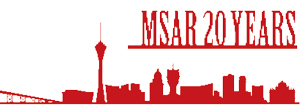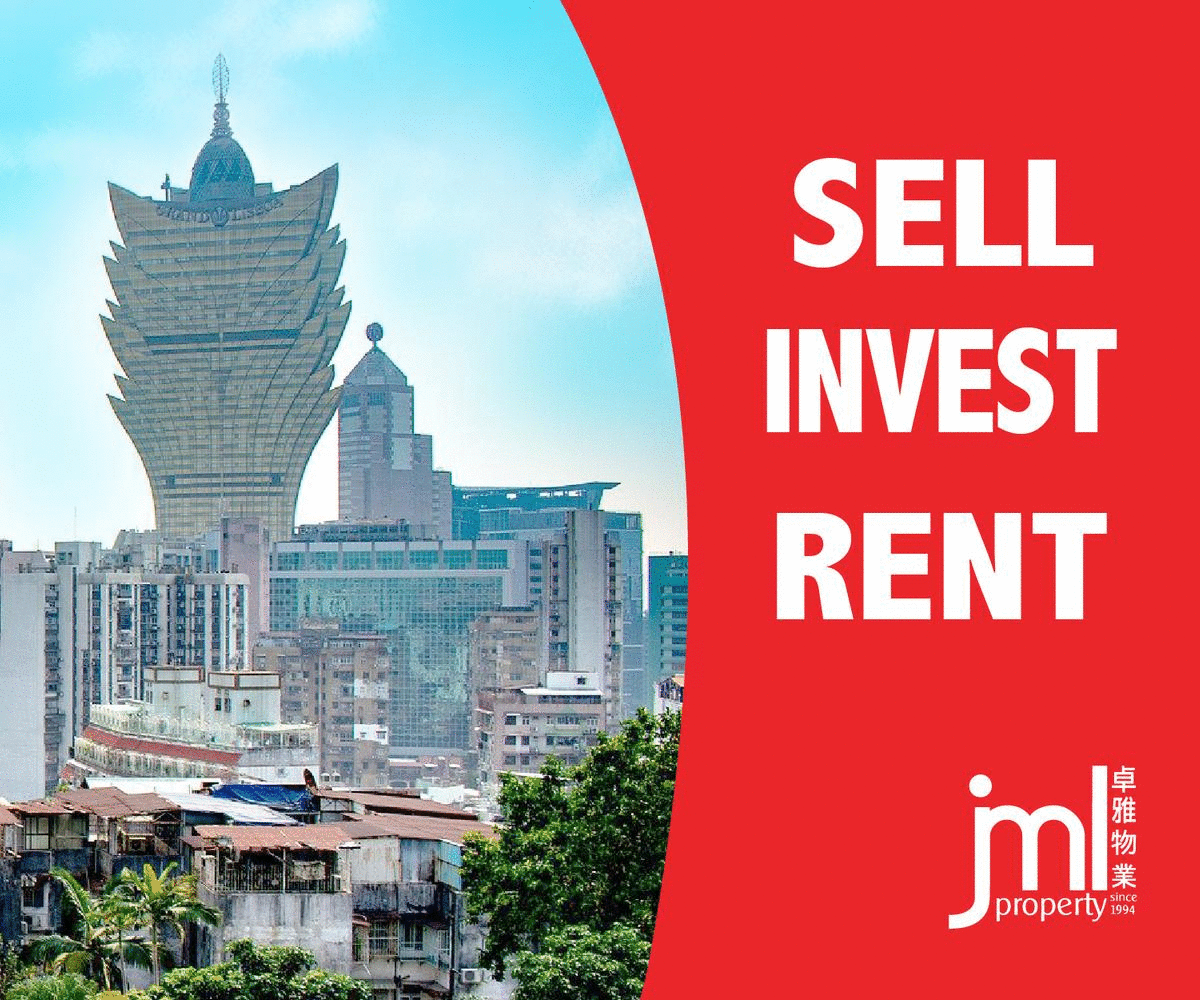March is depressing and Dark. One day, you wake up to the tears of an oppressing atmosphere. The walls weep in March.
In adjusting to a new home a critical element is the weather. I never understood how a different clime could have an impact until March in Macau hit me the first time. The humidity drives one to despair. Fungus, bacteria and yeasts thrive. Visits to the doctor end in somewhat ineffective medications. Despair and chemical cocktails lead to depression and days of Monday-itis.
This March’s wall of dankness brings much to despair over.
The Health Bureau’s decision to increase hospital fees for non-resident births comes in complete contradiction to evidence that inequitable and difficult access to health services has direct impact upon maternal and child health. News of high risk births that should have been managed in hospital, but were not, leading to still births or maternal death should not come as surprising. Macau has a fat budget the envy of many: for authorities to imply the increased fees for non-residents is needed to support residents’ health care is preposterous. Matters of residency status should not drive the health and welfare agenda. This was yet another example of a shockingly blatant discriminatory decision that drives a stake through our community and devalues the people that contribute to us all. Once again I say, will only a general Blue-Card strike drive the message home about how critical to our lives and economy these workers are?
Earlier, there was the pinch on non-Chinese judges – the draft of a law barring foreign judges from hearing national security and defence cases. What will be next? No non-Chinese journalists, medicos, academics, or writers?
Speaking of which, one breath of fresh air in the March agenda used to be The Macau Literary Festival.
Putting paid to that was the news this week of the cancelled participation of three authors after the organisers were advised by undisclosed authorities that the authors’ entry into Macau could not be guaranteed: Suki Kim, James Church and author of Wild Swans and Mao: The Unknown Story, Jung Chang will no longer attend.
The decision taken by the organisers to cancel these segments of the program so that the authors would not be put in a difficult position may well be criticized for acquiescence and self-censorship. On the face of it, we will not be privileged to hear their stories, their views and their “luminous intelligence directed at the heart of darkness”. However, their stories have been told before, and Macau’s has not.
The organisers’ response has provided an airing of the lack of transparency which to date has likely stultified many attempts to bring controversial commentators into this town. How many people have quietly complied under such insidious semi-formal and opaque pressures for fear of repercussions? We shall never know. We would also have never known that such levels of intimidation were to be borne in our Macau. Should the organisers have kept the program as planned and the authors turned away at the immigration entry point, the focus of the story would have been on freedom of expression, and the indignation would have been for the authors – such controversy surrounding them is not new. Should the authors not be turned away, the opportunity to reveal this community offense would be wasted.
While mitigating damage done to the authors, the response by the organisers of the Macau Literary Festival has a much higher impact and paradoxically is a much more potent method of perpetuating their message: the point is not freedom of expression. The menace that has been exposed is the almost imperceptible, underlying mode of control and intimidation against the guardians of such freedoms.
The walls weep: this March is a Dark one indeed.














No Comments